
Understanding dog behavior can be both fascinating and challenging. While all dogs have unique personalities, certain breeds are known for more “difficult” behaviors. Recent data reveal which breeds tend to be the hardest to manage regarding obedience, training, and general temperament. This article explores the results of this study to provide insight into dog behavior, ensuring every breed gets its fair representation, from the most energetic to the most docile.
What Defines “Bad Behavior”?
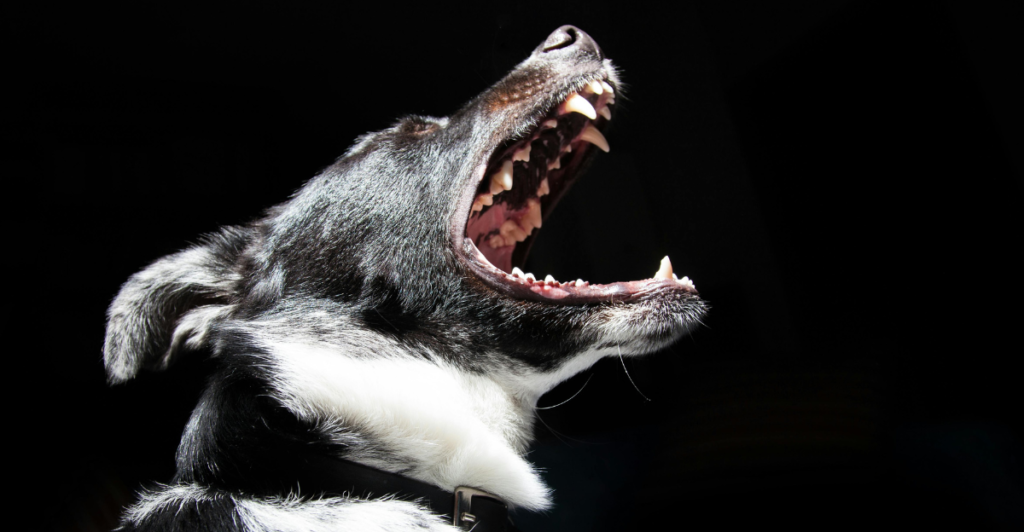
Bad dog behavior can manifest in many forms: excessive barking, digging, chewing, or aggression. The study considered various factors, including how dogs interact with their owners, other pets, and strangers. These behaviors aren’t necessarily signs of a “bad” dog but can indicate a lack of training, socialization, or exercise. Understanding the cause behind these behaviors is key to addressing them effectively.
The Role of Training and Socialization
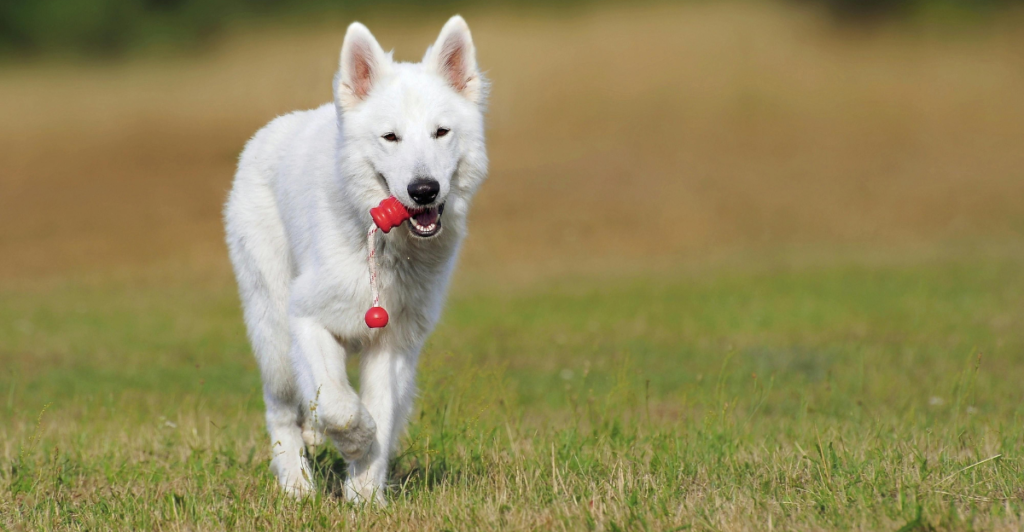
Training plays a significant role in curbing unwanted behaviors. Well-trained dogs are typically more manageable and exhibit fewer behavioral issues. Socialization is also crucial in helping dogs adapt to different environments and experiences. Even the most well-meaning breeds can develop undesirable habits without proper socialization and positive reinforcement. The study highlights how training and socialization can help mitigate destructive behaviors, regardless of breed.
The Most Challenging Dog Breed: Jack Russell Terrier

The Jack Russell Terrier is often considered one of the most challenging breeds to manage. Known for their high energy levels and independence, they can be stubborn and difficult to train. Their intelligence and agility make them excellent working dogs but require constant stimulation. Without sufficient exercise and mental challenges, they may resort to destructive behaviors. Proper training and ample playtime can help channel their energy positively.
Border Collie—Smart but Stubborn

Border Collies are renowned for their intelligence, which can also make them more challenging to handle. As one of the most intelligent dog breeds, they require a lot of mental stimulation and physical exercise. If not correctly engaged, border Collies can develop undesirable behaviors, such as chewing, digging, or excessive barking. They excel in obedience training but need a dedicated owner who can match their energy and intelligence with consistent care.
Beagle—Affectionate but Mischievous
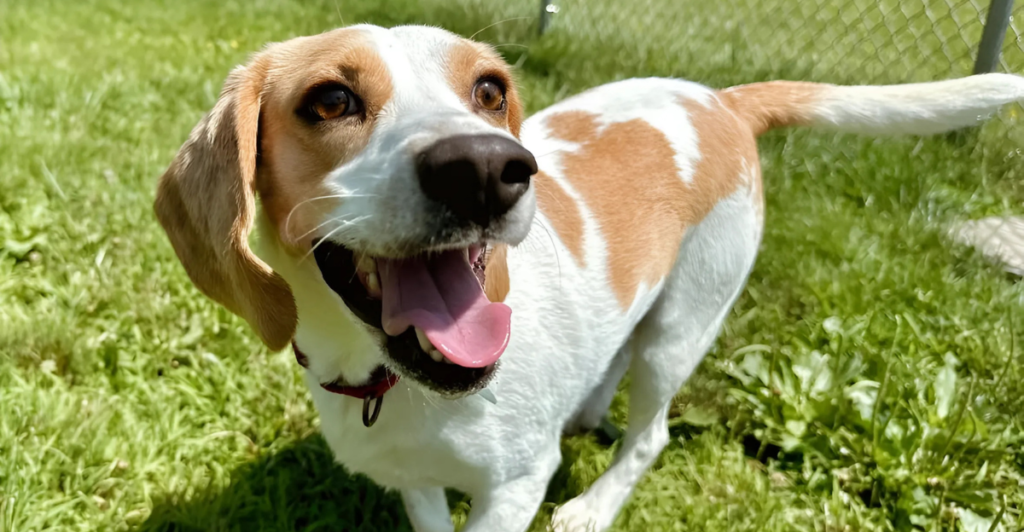
Beagles are generally friendly and affectionate but are also known for their mischievous side. Their strong sense of smell can lead them to wander off and get into trouble. Beagles are often described as “escape artists,” as they find ways to break out of yards or escape their owners’ grasp. They need consistent training and supervision to manage their curiosity and prevent destructive behaviors. Properly exercised Beagles are happier and well-behaved.
Dachshund—Bold but Stubborn

Dachshunds may be miniature, but they are bold and have a strong sense of independence. This breed is known for being stubborn, making training more challenging. Their hunting instincts can also lead them to dig and explore, often resulting in behavior issues. While affectionate and loyal, Dachshunds benefit from early training and socialization to curb their rebellious tendencies and ensure they grow into well-mannered companions.
Shih Tzu—Independent with a Touch of Aloofness

Shih Tzus is often described as independent and somewhat aloof. While affectionate with their families, they may display some stubbornness regarding training. This breed can sometimes tend to do their own thing, making obedience training a challenge. Early socialization is key for this breed to ensure familiarity with other dogs and new experiences. Their low energy level, however, makes it easier for them to manage indoors.
Chihuahua—Tiny but Feisty
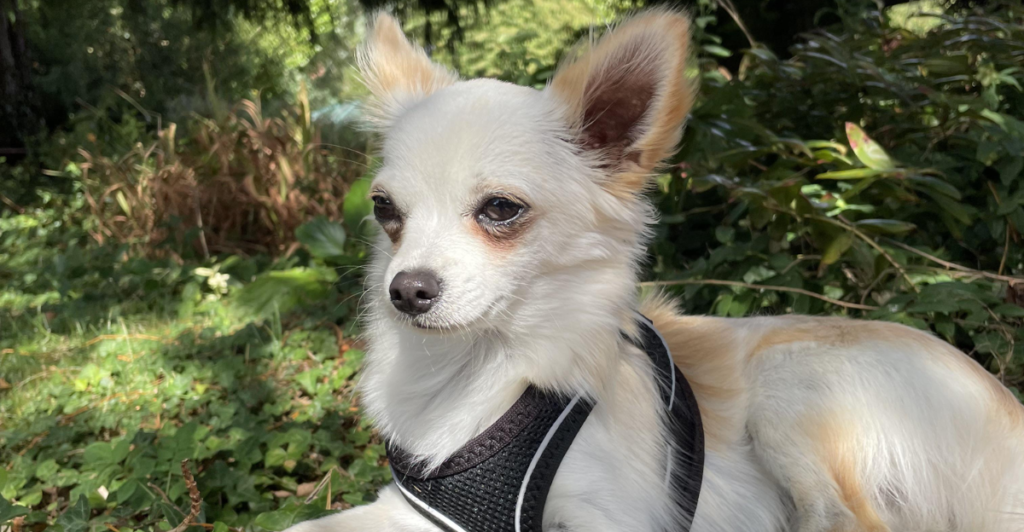
Chihuahuas may be small in stature, but they have prominent personalities. Known for their feisty behavior, Chihuahuas can be difficult to manage if not appropriately trained. They are often very protective of their owners and may exhibit aggression toward strangers or other animals. Their high energy levels and need for constant attention can lead to behaviors like barking or nipping if not addressed early. A firm but gentle training approach helps to prevent behavioral problems.
Yorkshire Terrier—Loyal but high-strung

Yorkshire Terriers, or Yorkies, are small dogs with a lot of energy and a feisty attitude. Their loyalty to their owners is unmatched, but they can be high-strung and prone to nervous behaviors, such as excessive barking. This breed requires a good amount of mental stimulation and exercise to prevent anxiety-induced behaviors. Training should focus on building confidence and managing their energy levels. A well-exercised Yorkie is a happy and well-behaved companion.
Pit Bull Terrier—Misunderstood and Misrepresented
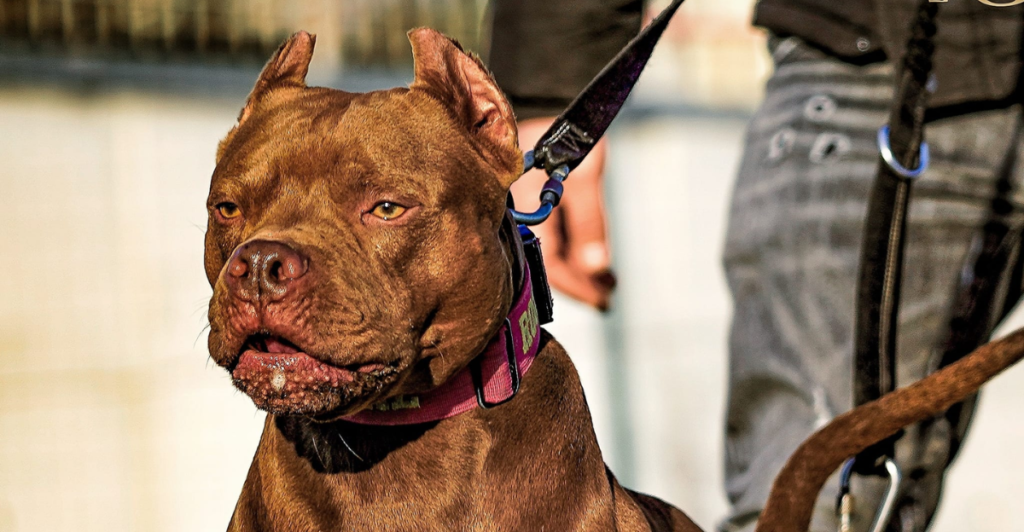
Pit Bull Terriers often face an unfair reputation due to negative stereotypes, but in reality, they are loyal and loving dogs. However, they can exhibit behavioral issues if not properly socialized or trained. Pit Bulls require consistent training, positive reinforcement, and early socialization to ensure they grow into well-adjusted pets. The breed’s intense physicality can sometimes make them more challenging to control, but with proper training, they are just as well-behaved as any other breed.
Why Breed Alone Doesn’t Determine Behavior

It’s important to remember that breed is only one factor influencing a dog’s behavior. Environmental factors, training, socialization, and the individual dog’s personality play significant roles in shaping behavior. While some breeds may have tendencies toward certain behaviors, any dog can be a well-behaved and loving companion with proper care. Regardless of breed, dogs deserve adequate training and positive experiences to thrive.
Understanding Your Dog’s Behavior
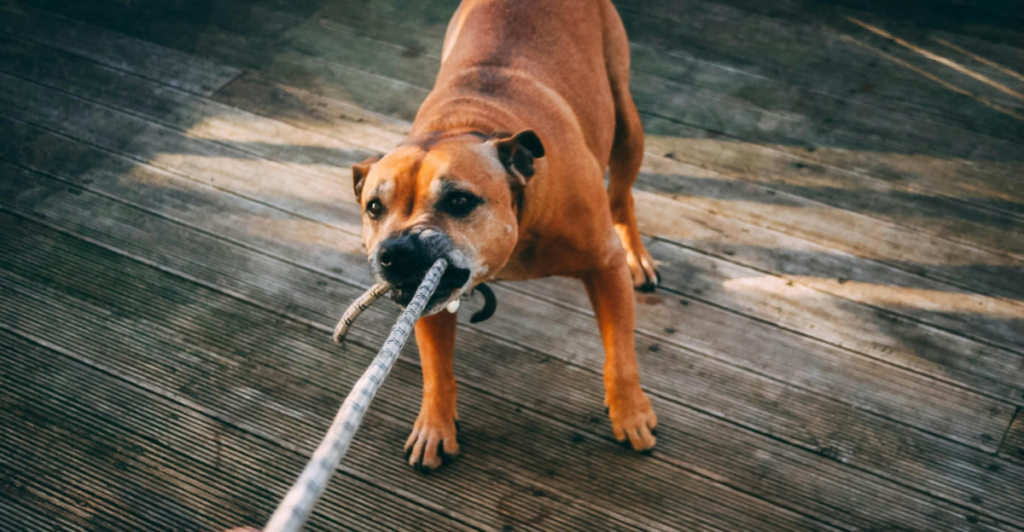
Ultimately, a dog’s behavior is shaped by genetic predisposition, training, and socialization. No matter the breed, all dogs have the potential to be well-behaved and loving companions with the proper care. Understanding your dog’s specific needs, including mental stimulation, exercise, and positive reinforcement, can go a long way in ensuring that they develop into well-adjusted pets. The key is patience, consistency, and a deep understanding of your furry friend’s unique personality.
Stay connected with us for more stories like this! Follow us to get the latest updates or hit the Follow button at the top of this article, and let us know what you think by leaving your feedback below. We’d love to hear from you!







